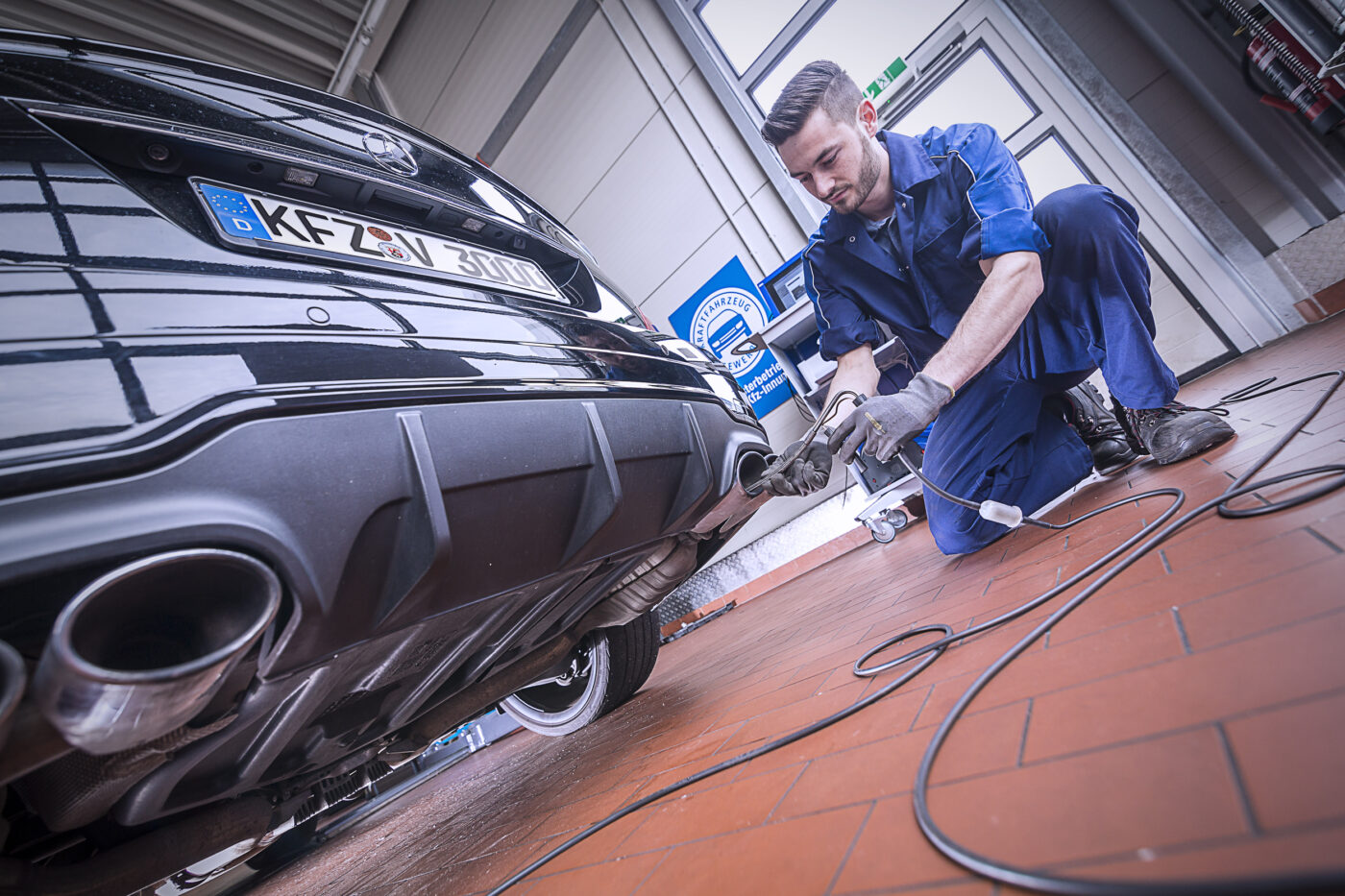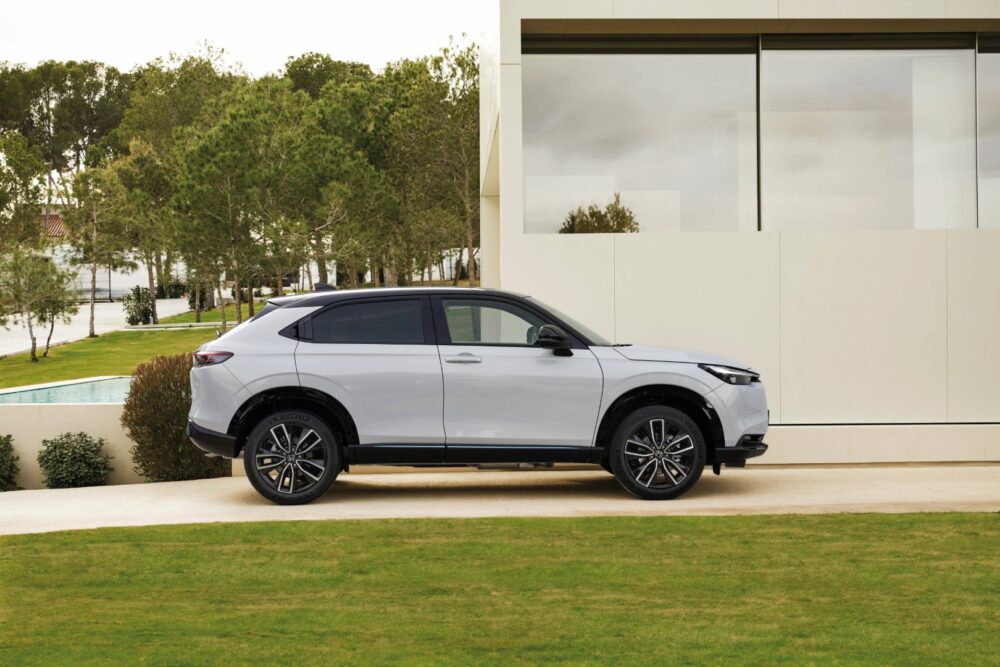E-Fuels: Agreement on alternative to electromobility
NOW THEREFORE The EU and Germany have reached an agreement. After lengthy discussions, climate-neutral fuels will be approved as an alternative to electric cars in CO2 fleet regulation.

An agreement has been reached in the dispute between Germany and the EU over the use of synthetic fuels in new cars after 2035. This means that the so-called ban on internal combustion engines is off the table. Federal Transport Minister Dr. Volker Wissing announced that it had now been possible to ensure technological neutrality within the framework of fleet regulation. This clears the way for vehicles with internal combustion engines to be newly registered after 2035. The prerequisite is that they only use CO2-neutral fuels.
Necessary steps and schedule
According to the Ministry of Transport, necessary steps and a concrete timetable have also already been set. First, there will be the creation of the new "e-fuels only" vehicle category. It will then be included in the fleet limit regulation. The EU and the German government want to have completed the process by fall of next year.
Prevention by Germany
In October, the European Parliament and EU member states agreed that only zero-emission new cars would be allowed to be registered in the EU from 2035. Confirmation of the agreement by the EU member states, scheduled for the beginning of March, was initially prevented by Germany. Since then, the German Federal Ministry of Transport and the EU Commission had been negotiating a compromise.
E-fuels exemption for all vehicles
During the agreement in principle in the fall, Germany had negotiated an addendum to the agreement according to which the EU Commission is to submit a proposal on how vehicles powered exclusively by e-fuels can be registered after 2035. According to the business magazine Handelsblatt, the EU Commission read the corresponding paragraph as meaning that only special vehicles such as ambulances or fire trucks would be affected. According to Berlin's reading, however, the e-fuels exemption should apply to all vehicles.
Ambitious climate targets in transport
Hildegard Müller, President of the German Association of the Automotive Industry: "The ambitious climate targets for transport can only be achieved with renewable fuels. The coalition's political decision to allow vehicles to be refueled with largely climate-neutral fuels such as e-fuels and HVO fuels (fuels made from vegetable oils and organic residues. The ed.) in pure form in the future is therefore good news for climate protection."









